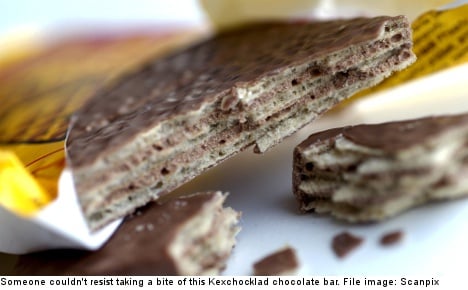By dumping 56 kilos of food each year, consumers also add an estimated 5,300 kronor ($840) to their annual grocery bill, the administration said.
“It’s an indefensible waste that so many edible groceries are thrown away, and it leads to completely unnecessary environmental and climate effects,” said Inger Andersson, director general of the administration.
Food production is one of the main human causes of environmental damage, with foodstuffs discarded by households, restaurants and large-scale kitchens leading to the emission of 1.8 million tonnes of greenhouse gases, the administration said. This equates to 2 percent of Swedish consumer society’s overall climate footprint, it added.
In an attempt to tackle the problem, the Food Administration has begun preparing an advice kit for consumers seeking to cut back on the amount of food they throw away.
Inger Andersson said consumers should plan their grocery shopping better, store perishable goods properly, and make sure to use leftovers.
“If food has been stored properly, it won’t be dangerous just because it has passed its best-before date, although the quality may have deteriorated,” said Andersson.
“People have to dare to smell and taste the food and trust their own senses.”


 Please whitelist us to continue reading.
Please whitelist us to continue reading.
Member comments